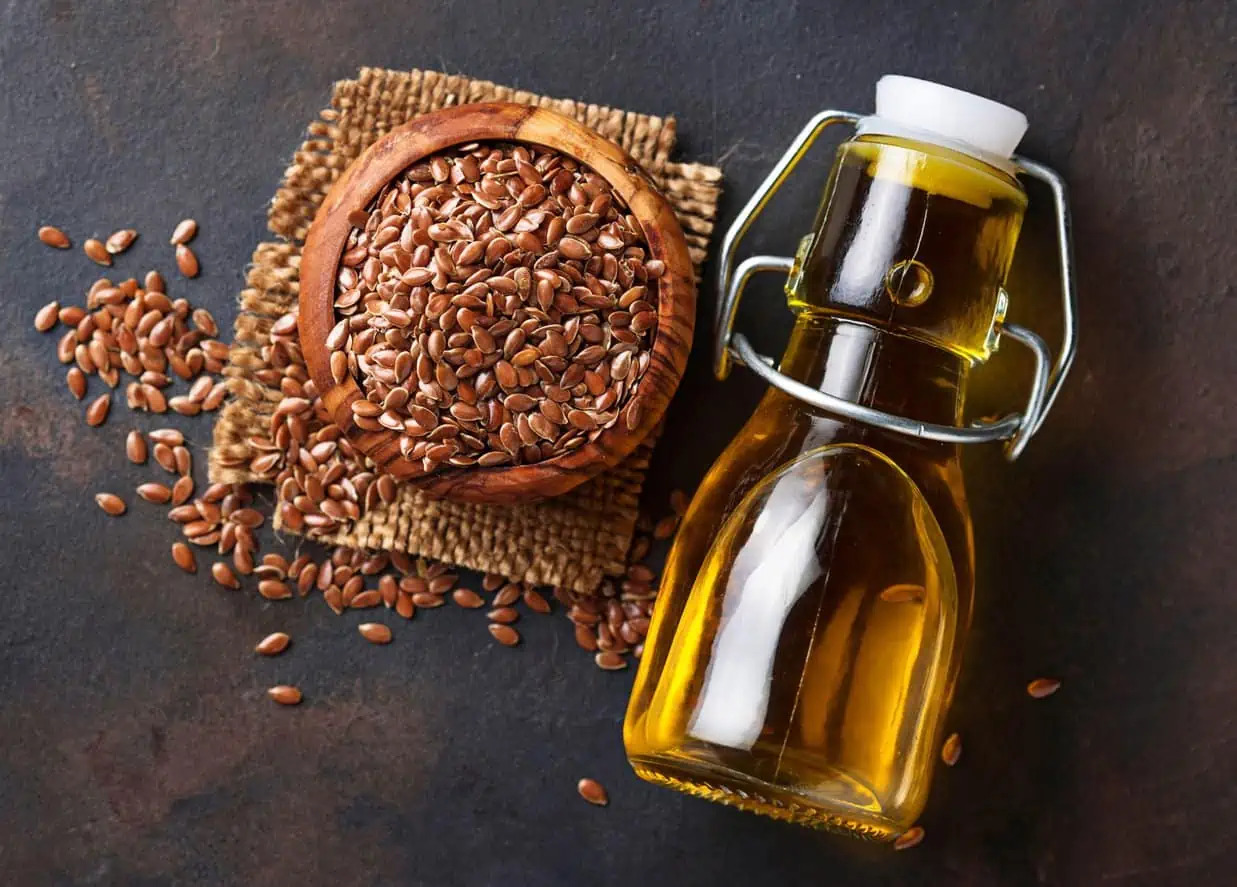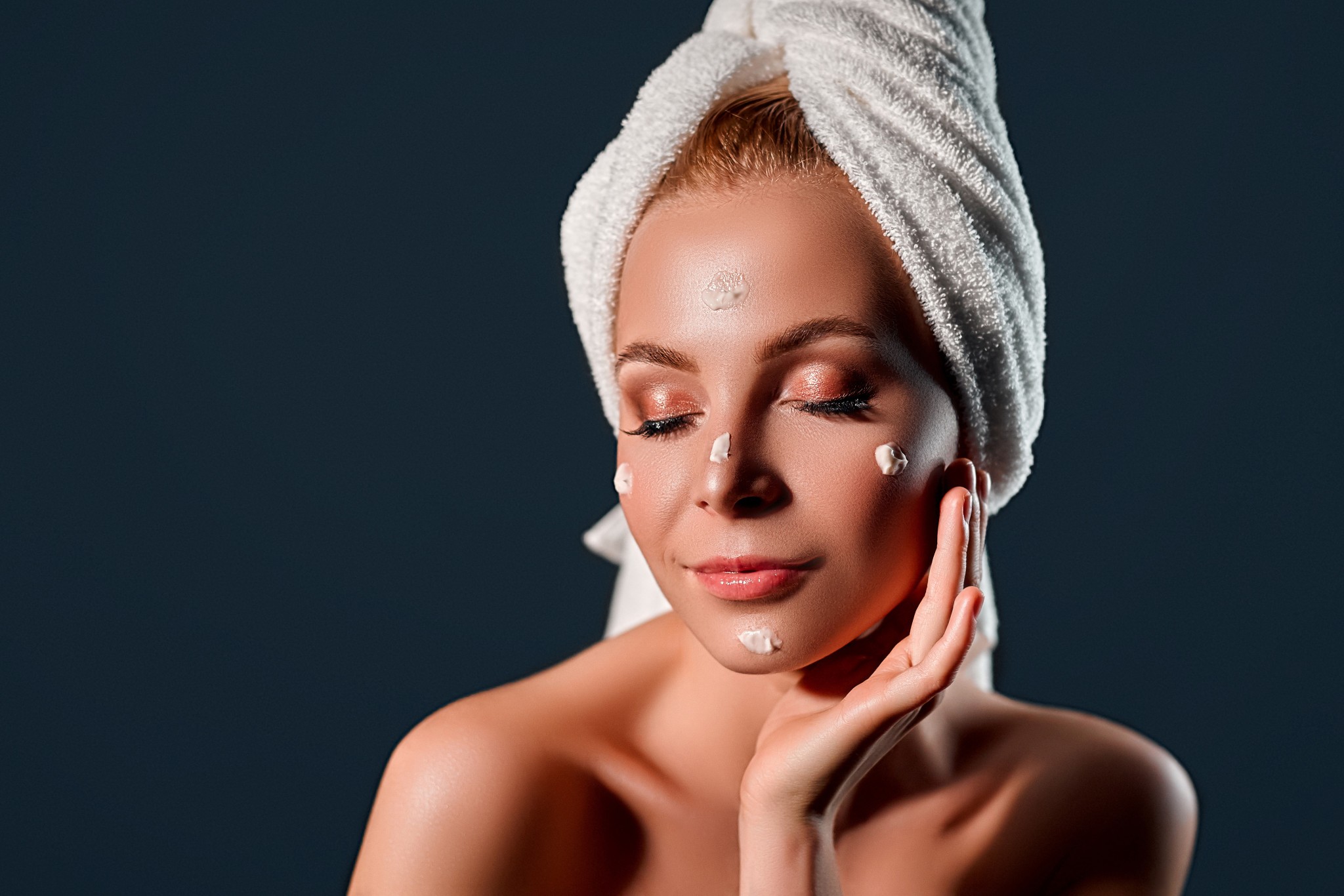Understanding the Epidermis: A Key to Healthy Skin

The skin, our body’s largest organ, serves as a formidable barrier against environmental threats. The outermost part of this shield, the epidermis, plays a pivotal role in skin health. Comprehending the different layers of the epidermis and their unique needs is crucial for maintaining vibrant and resilient skin. This understanding helps in choosing the right skincare ingredients, ensuring that each layer receives optimal nourishment and protection.
Delving into the Epidermal Layers
The epidermis is a complex structure, consisting of five distinct layers, each with its own function. The outermost stratum corneum consists of dead skin cells that form a tough, protective layer. Beneath it lies the stratum lucidum, present mainly in thick skin areas like the palms and soles. The stratum granulosum, where cells begin to flatten and deteriorate, marks the beginning of the skin’s waterproofing capabilities. The stratum spinosum provides strength and flexibility, while the deepest layer, the stratum basale, is where new cells are generated. Each layer plays a vital role in skin health, regeneration, and protection.
A Holistic Approach to Epidermal Care
To maintain the health and vitality of the epidermis, a holistic approach to skincare is essential. This includes regular cleansing to remove impurities, moisturizing to prevent dryness, and protection against harmful UV rays. Understanding that each epidermal layer has specific needs is key to effective skincare. Tailored treatments help in addressing individual concerns and ensuring that each layer receives the right kind of care.
Nourishing Every Layer: Topical Ingredients
Stratum Corneum: This outermost layer benefits from ingredients like hyaluronic acid for hydration and ceramides to reinforce the skin’s barrier. Antioxidants like vitamin E also help protect this layer from environmental damage.
Stratum Lucidum: In thicker skin areas, ingredients that promote cell turnover, such as alpha hydroxy acids (AHAs), can be beneficial. These assist in maintaining the unique properties of this layer.
Stratum Granulosum: To support the skin’s waterproof barrier, look for ingredients like essential fatty acids and natural oils. They help in maintaining the integrity of this layer, preventing moisture loss.
Stratum Spinosum: Niacinamide is a valuable ingredient for this layer, aiding in maintaining skin elasticity and strength. It also helps in soothing the skin and reducing inflammation.
Stratum Basale: Retinoids are particularly beneficial for the basal layer, promoting cell regeneration and overall skin health. Peptides also play a crucial role in supporting the formation of new skin cells.
Expanding on Epidermal Functions
The epidermis, though thin, is a highly efficient barrier and a dynamic organ. Each of its layers serves a critical function. The stratum corneum, as the outer shield, prevents pathogen entry and minimizes water loss. The underlying layers, each in their progression, contribute to the production of keratinocytes – cells that produce keratin, a protein essential for skin’s strength and moisture retention. The basal layer is particularly significant as it houses melanocytes, which provide pigmentation and protect against UV radiation. Understanding these functions underscores the importance of targeted skincare.
Detailing Ingredient Benefits
Each recommended ingredient plays a specific role in supporting the epidermal layers:
- Hyaluronic Acid: This potent humectant draws moisture into the stratum corneum, ensuring hydration and reducing the appearance of fine lines.
- Ceramides: Vital for maintaining the skin’s barrier, ceramides replenish the natural lipids lost through aging or environmental stress, enhancing the resilience of the stratum corneum.
- Vitamin E: An antioxidant powerhouse, Vitamin E protects the outer skin layers from oxidative stress and environmental aggressors like pollution and UV rays.
- Alpha Hydroxy Acids (AHAs): AHAs promote exfoliation, aiding in the removal of dead skin cells in thicker skin areas and revealing brighter, smoother skin.
- Essential Fatty Acids and Natural Oils: These ingredients reinforce the skin’s lipid barrier in the stratum granulosum, preventing transepidermal water loss and maintaining hydration.
- Niacinamide: This versatile vitamin strengthens the skin’s barrier, reduces inflammation, and improves elasticity in the stratum spinosum.
- Retinoids: Promoting cell turnover and collagen production, retinoids are key for the health of the basal layer, aiding in skin renewal and reducing signs of aging.
- Peptides: These amino acid chains support the stratum basale in producing new cells and collagen, essential for skin firmness and elasticity.
Discussing Preventative Care
Preventative care is pivotal in maintaining epidermal health. This includes:
- Sun Protection: Daily use of broad-spectrum sunscreen protects against UV damage, preventing premature aging and reducing the risk of skin cancer.
- Gentle Cleansing: Over-cleansing or using harsh products can strip the skin of its natural oils, especially in the stratum corneum. Gentle, pH-balanced cleansers are recommended.
- Adequate Hydration: Drinking enough water supports overall skin health, complementing topical hydration.
- Balanced Diet: A diet rich in antioxidants, vitamins, and minerals supports skin health from the inside.
A Comprehensive Approach to Skincare
Deepening our understanding of the epidermis’s roles, alongside recognizing the specific advantages of chosen skincare components, allows us to craft a truly comprehensive skincare plan. This customized approach is meticulously designed to nurture, shield, and maintain every layer of the epidermis, culminating in skin that radiates health and beauty. Grasping the distinct demands of each epidermal layer is fundamental to effective skincare. By customizing skincare regimens to address these individual needs, we can both preserve and restore the epidermis, thereby enhancing skin’s overall health and luster. An educated approach is key to achieving and maintaining healthy skin.





